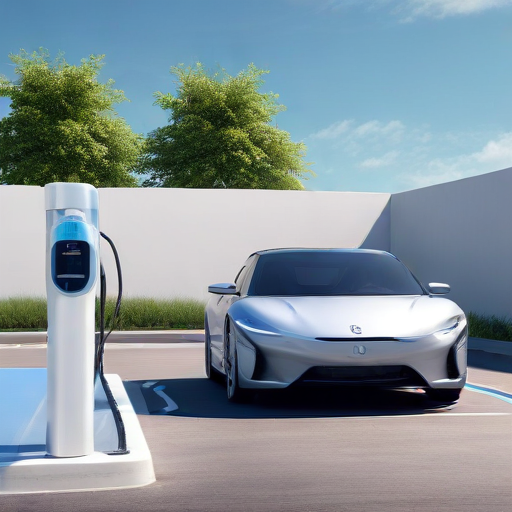Honda Motor Co. and Nissan Motor Co. have initiated discussions regarding a potential merger that could establish the world’s third-largest automobile manufacturer by sales volume. This move comes in response to the escalating global competition in the electric vehicle (EV) market, where companies like Tesla and Chinese automakers such as BYD Co. have a significant presence.
According to sources, the two Japanese automakers are exploring the formation of a holding company, aiming to create an automobile alliance that can effectively compete in the electric vehicle sector. Recent speculations also suggest that Foxconn, a well-known electronics manufacturer from Taiwan, has expressed interest in acquiring Nissan. Observers believe that the merger talks between Honda and Nissan might be a strategic maneuver to counter Foxconn’s influence.
Honda President Toshihiro Mibe confirmed discussions about collaboration but emphasized that no definitive decisions have been made. The two companies, along with Mitsubishi Motors Corp., have been discussing various avenues for future collaboration since they embarked on a feasibility study regarding a strategic partnership in EV production and software technologies earlier this year.
The potential merger, if successful, would create an entity that could challenge leading automotive groups like Toyota and Volkswagen. Together, Honda, Nissan, and Mitsubishi could achieve combined sales reaching approximately 8 million vehicles annually.
The automotive industry currently faces tremendous challenges, particularly with rising costs associated with EV development, including expensive battery technology and the extensive resources needed for developing advanced software systems. Honda has historically favored internal development but is increasingly collaborating with external partners such as Sony and General Motors to enhance its competitive edge.
Both companies have recently faced declining sales in crucial markets like China, where local manufacturers are gaining traction with more affordable EVs. In response to these challenges, Honda has adjusted its profit forecast for the current business year and Nissan has announced plans to reduce its global workforce and production capacity.
While the discussions between Honda and Nissan signify a proactive approach to adapt to market pressures, they also highlight the importance of strategic alliances in overcoming the obstacles posed by the rapidly changing automotive landscape. Such a merger could bolster their positioning in the EV market, paving the way for a stronger future.
With both entities committed to collaborating and innovating, there is potential for a more robust and competitive automotive industry in Japan. As the EV landscape evolves, it’s hopeful that this alliance might lead to groundbreaking advancements and renewed growth for Honda and Nissan.
